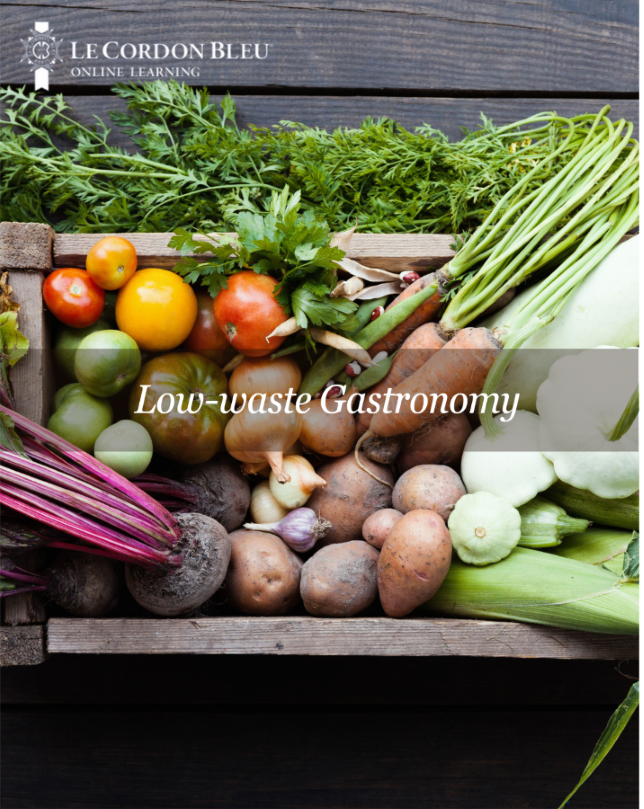What Will I Learn?
Food is one of our most valuable resources. Yet, the way we grow, cook, and consume it often comes at a high cost—not only to our wallets, but also to our environment, communities, and future food security. Today, an estimated one-third of all food produced globally is lost or wasted. In professional kitchens, small businesses, and home environments alike, this waste represents more than discarded ingredients; it reflects lost energy, labour, water, and passion.
For culinary professionals, waste has a direct impact on profitability, menu creativity, and operational sustainability. For home cooks and families, it impacts household budgets, nutrition, and the vital connection between what we choose to eat and the planet that feeds us. Beyond the kitchen, the implications are even greater. Every uneaten meal contributes to greenhouse gas emissions, overuse of natural resources, and inequities in global food access.
As chefs, cooks, and food lovers, we hold the responsibility—and the privilege—of redefining how food is valued. Reducing waste is not about constraint, but about innovation: transforming leftovers into new dishes, practising nose-to-tail and root-to-stalk cooking, and designing systems that respect ingredients from farm to fork. Low-waste management is fast becoming a critical skill for anyone shaping the future of food.
This course invites you to view waste not as an inevitable by-product of cooking, but as a challenge that sparks creativity, efficiency, and meaningful change. Together, we can build a culinary culture where every ingredient fulfils its purpose and every meal tells a story of respect, resourcefulness, and sustainability.

Our Study Options
Our study options offer flexible and accessible learning at your own pace.
Are you ready to start your Le Cordon Bleu Journey?
Compare Your Options:

